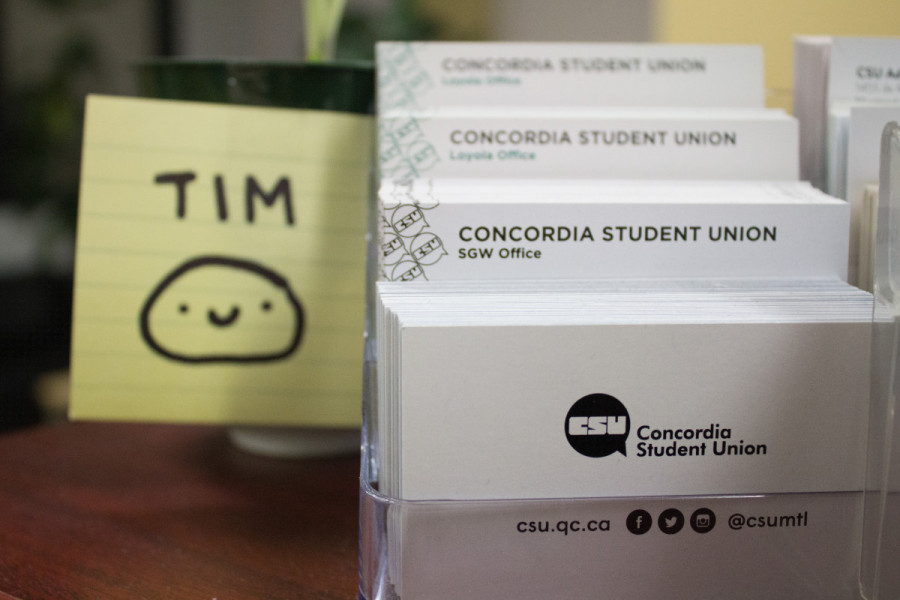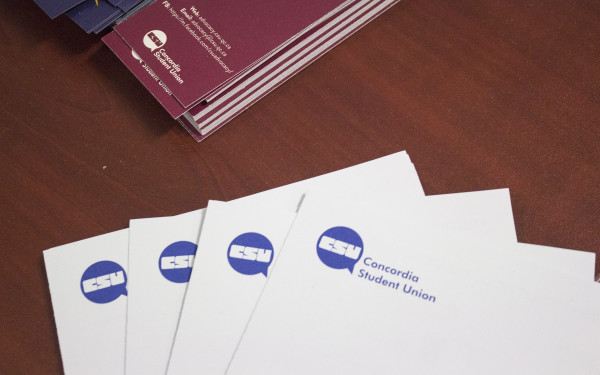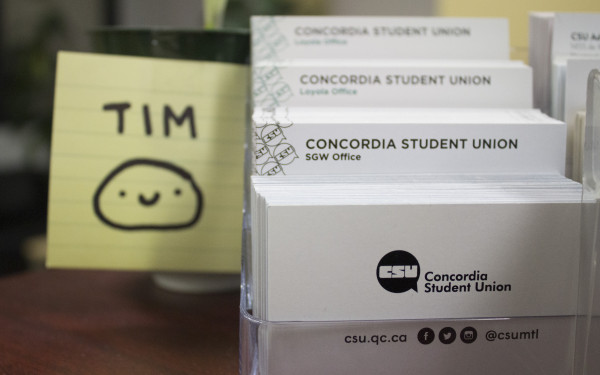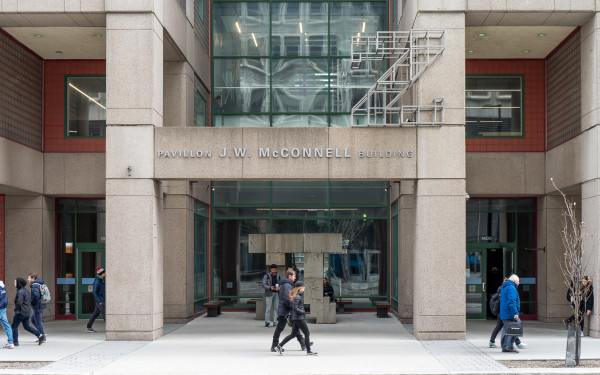CSU publishes open letter calling Concordia administration to improve remote learning
“Students are struggling and need solutions now”
On the heels of the Concordia Student Union by-election, the student body has made it clear they aren’t satisfied with remote learning. The CSU published an open letter on Nov. 27 imploring the university administration to make changes.
“Nothing they implemented worked in practice,” said External and Mobilization Coordinator Victoria Pesce about discussions over the summer about mandatory recorded lectures. Because it wasn’t in the contracts of full-time teachers, not all of them complied. Part-time teachers, on the other hand, had to record their lectures according to their contract, she explained.
“[M]any international students who were unable to come to Canada for the fall term, for instance, have been gravely affected by some professors not having their lessons recorded due to significant time zone differences,” the CSU wrote in the open letter.
“Everything that we suggested is the bare minimum and I think it can be done, and most of it is being done at other universities,” she said.
Pesce hopes the extra week in the winter break will give the administration more time to “fill the gaps that haven’t been filled.” Looking to the winter semester, she hopes the administration will urge teachers to be more understanding of students’ different situations and provide reasonable accommodations when unexpected technical difficulties occur.
She said it seems like the administration is hearing complaints but not listening, since there are still no alternatives to proctored exams.
“COLE also comes with a significant violation of students' privacy—it requires you to download a Google Chrome extension to access the system and uses your VPN, which is intrusive for students by monitoring their surroundings,” the union wrote.
A virtual private network, or VPN, provides online privacy and anonymity by creating a private network from a public internet connection.
Ongoing town hall meetings hosted by the CSU have served as a place for students to air out their grievances, the majority of which revolved around the toll this semester has taken on their mental health.
“[S]tudents’ expressed needs and voices need to be heard, and what many are saying right now is that they are struggling and need additional help to succeed,” they wrote.






